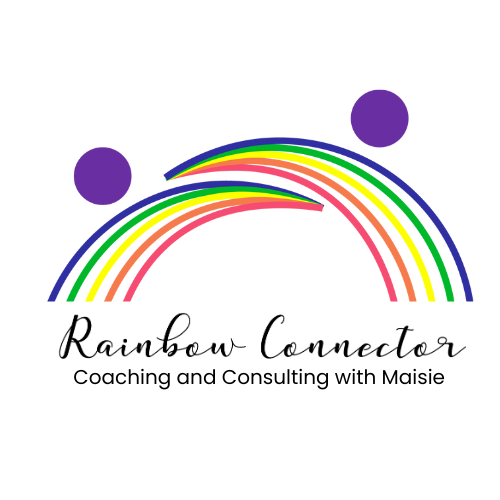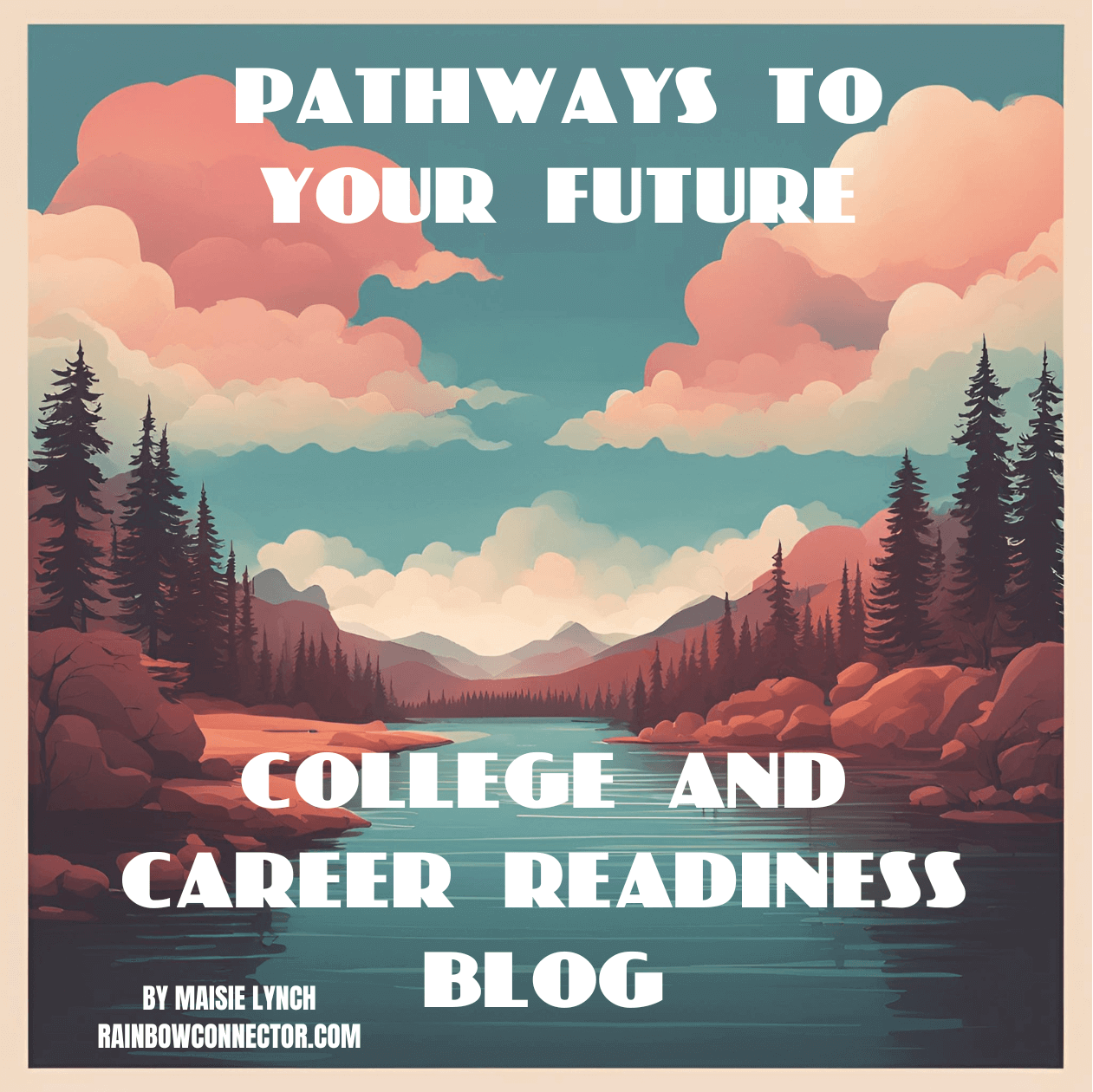
Welcome to the Heart of Your Career Journey!
Hello all! As we venture into Week 5 of our career planning series, tailored for those with neurodivergencies, we reach a pivotal stage: making tentative choices from the sea of career options you've explored. For individuals with executive functioning challenges, decision-making can seem like navigating through a maze. This post will guide you through this process, with a focus on how Career Service Providers can be your compass.
Understanding the Decision-Making Process
Making career decisions involves more than just picking a job that sounds interesting. It's about finding a delicate balance between what you love (your interests), what you're good at (your skills), and what the world needs (market realities). It's like putting together pieces of a puzzle to the the bigger picture of your future.
Step 1: Balancing Interests and Skills with Market Realities
Your career choice should ideally align with your interests and skills, but it also needs to be viable in the current job market. Here’s how to balance these aspects:
- Interests: Consider the activities and subjects that fascinate you. Which careers align with these?
- Skills: Assess your strengths. What are you naturally good at? What skills have you developed over time? If you'd like to take an assessment that is research-based and widely used, consider signing up for one of my packages here.
- Market Realities: Research the demand for the careers you're interested in. Are there opportunities available? What are the future prospects in these fields?
Step 2: Prioritizing and Ranking Your Options
Once you have a list of potential careers, it's time to prioritize. Here’s a technique to help you do this:
- Pros and Cons: For each career option, list the advantages (pros) and disadvantages (cons).
- Ranking: Rank each career based on how well it aligns with your interests, skills, and market realities. You can use a simple point system for this.
Step 3: Utilize Decision-Making Tools and Apps
There are several tools and apps designed to aid decision-making. These can be especially helpful if you struggle with executive functioning:
- Decision-Making Tools: Tools like the ChoiceMap can help you weigh your options systematically.
- Flowcharts and Decision Trees: Creating a flowchart or a decision tree can visually simplify the decision-making process. You can use tools like Lucidchart, MindMeister, or even Canva to create these.
Career Services Providers can play a significant role in helping you make informed decisions. They offer:
- Guidance on Balancing Factors: They can help you understand how to balance your interests, skills, and market realities.
- Facilitating Decision-Making Discussions: They can lead discussions that help you articulate and prioritize your options.
- Providing Additional Resources: They can offer access to tools and resources that aid in decision-making.
Step 5: Reflecting and Reevaluating
Decision-making is not a one-time event but a process. It's okay to reflect and reevaluate your choices as you gather more information. Here’s how:
- Journaling: Writing down your thoughts and feelings about each option can provide clarity.
- Seeking Feedback: Discuss your thoughts with trusted friends, mentors, or family members.
- Taking Time: Don’t rush your decision. Give yourself the time you need to feel confident about your choice.
Step 6: Making Tentative Choices
Remember, the choices you make now are tentative. They are not set in stone but rather stepping stones that lead you closer to your ideal career. Here’s how to approach this:
- Be Open to Change: Understand that your choices may evolve as you grow and gather more experience.
- Set Short-term Goals: Make short-term goals that align with your current choices. These can always be adjusted later.
Conclusion: Embracing the Journey of Decision-Making
As you navigate through the process of making career decisions, remember that it's normal to feel uncertain or overwhelmed at times. But with the right tools, strategies, and support, you can make decisions that lead to a fulfilling and suitable career path.
For individuals with neurodivergencies, embracing your unique way of processing information can be a strength in this journey. Career Services Providers are there to support you, offering guidance tailored to your individual needs.
So, take a deep breath, gather your tools, and step confidently into making those tentative career choices. Your career path is yours to shape, and each decision you make is a valuable part of your journey.
Stay tuned for more insights in our series, where we'll continue to guide you through each step of the career planning process. Here’s to making choices that celebrate your neurodiversity.
Resources and Tools to Consider
Career Exploration: O*NET Online, Career One Stop
Career Service Providers: If you'd like to see if I'd be a good match to guide you through the Career and/or College Planning Process, book a free consultation with me today
Decision Making: ChoiceMap
Educational Planning: College Board
Executive Functioning Tools: Evernote
Interests and Skills: A visual aid like this one
Interview Preparation: YouTube videos, including specific ones for those with neurodivergencies like this one.


















0 Comments